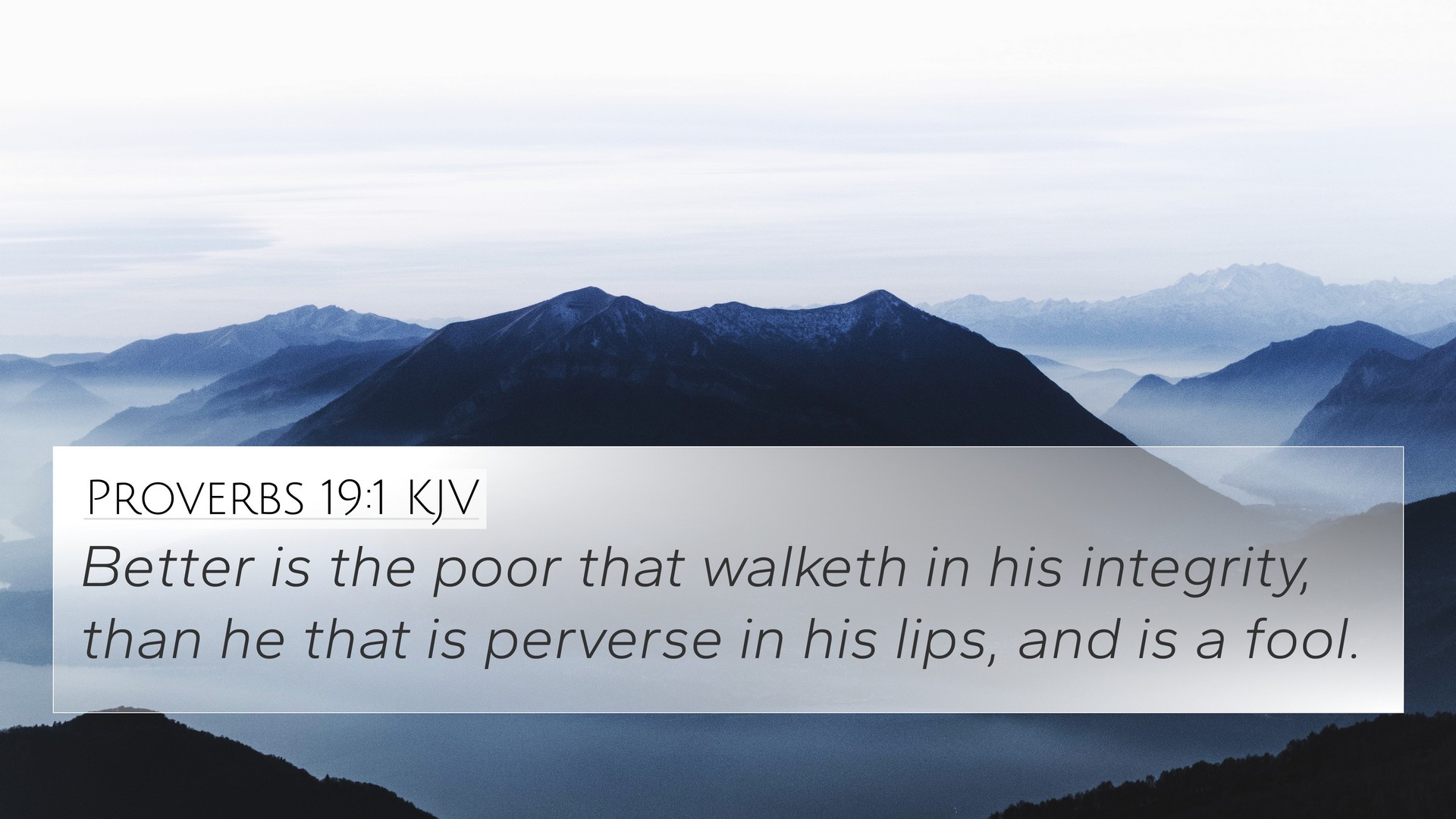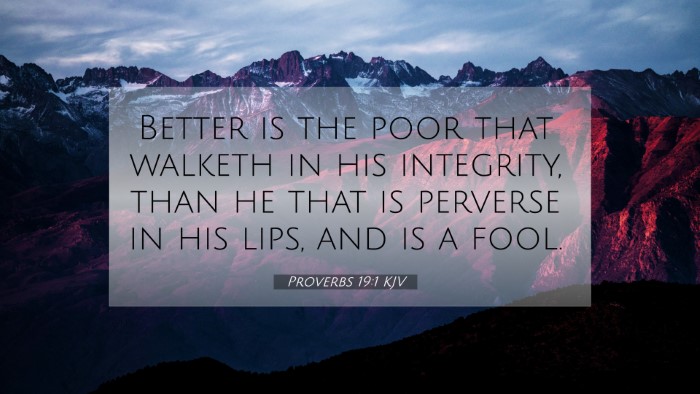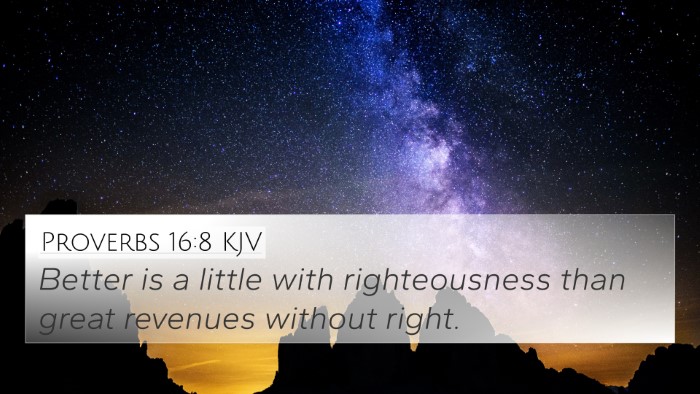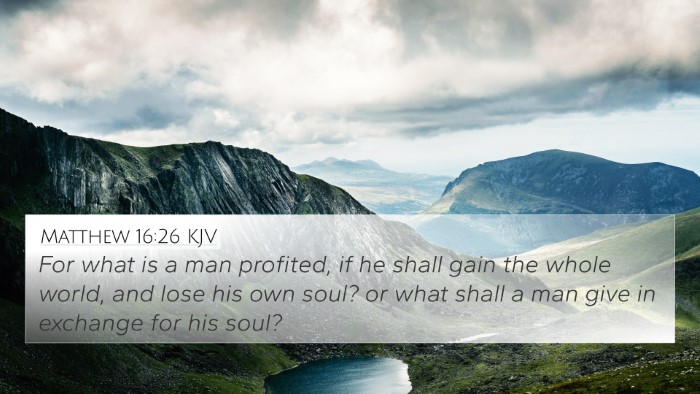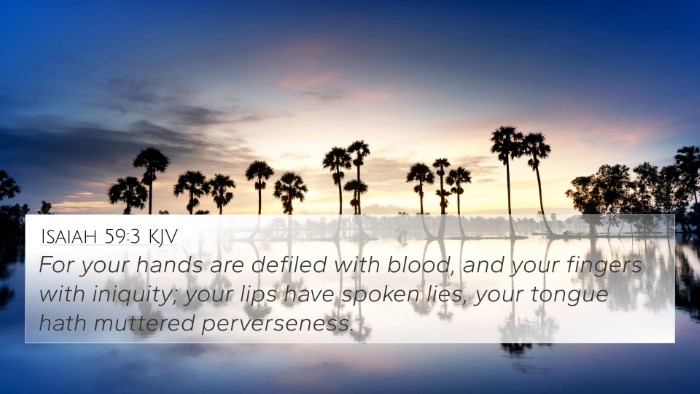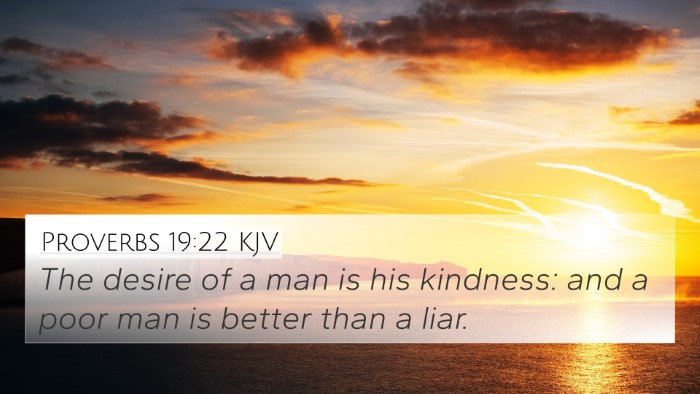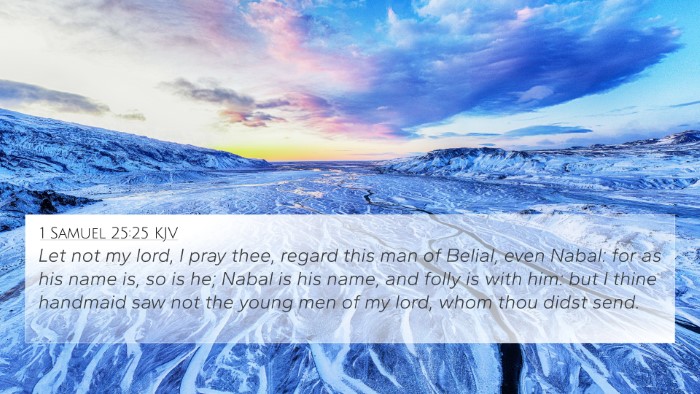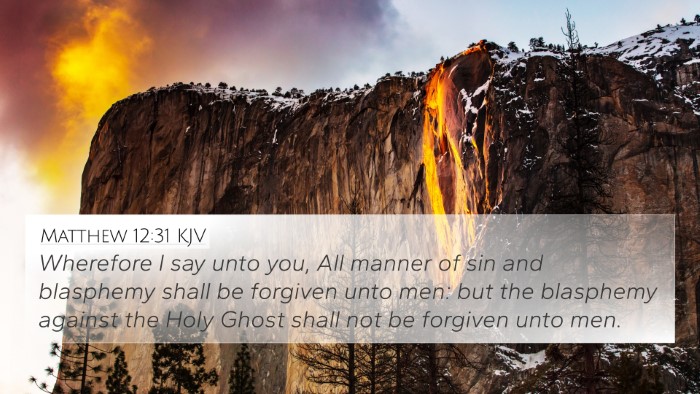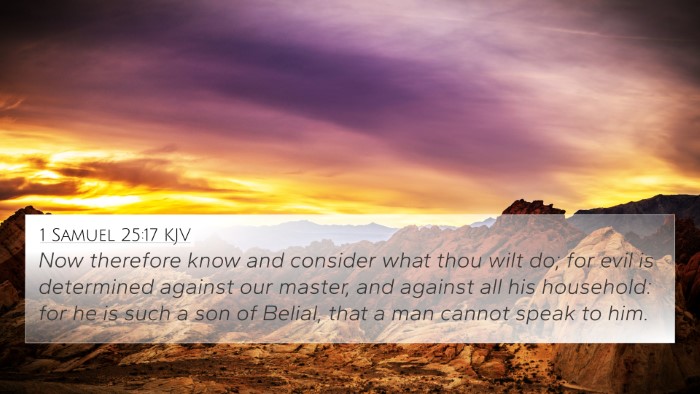Understanding Proverbs 19:1
The verse Proverbs 19:1 states: "Better is a poor man who walks in his integrity than a rich man who is crooked in his ways." This scripture encapsulates profound themes present throughout the wisdom literature of the Bible. Below, we will explore the meaning of this verse by synthesizing insights from various public domain commentaries, focusing on its implications of integrity, wealth, and moral conduct.
Verse Meaning Overview
Proverbs 19:1 captures the essence of righteous living versus the allure of material wealth. It emphasizes the value of integrity, suggesting that a person's moral character significantly outweighs their financial status.
Commentary Insights
Matthew Henry's Commentary
Henry highlights the virtue of integrity, portraying it as a fundamental aspect of a righteous life. He argues that honesty and moral rectitude are more commendable than opulence attained through dishonest means. The poor man's strength lies not in his material possessions but in his unblemished character.
Albert Barnes' Notes on the Bible
Barnes adds depth by comparing the realities of wealth and integrity, noting that earthly riches often come with moral compromise. He observes that wealth can lead people into crooked paths while a poor man’s adherence to integrity brings peace and unity with God’s desires.
Adam Clarke's Commentary
Clarke expands on the idea that integrity leads to a more fulfilling life, even in poverty. He points out that a life guided by moral values finds greater favor in the eyes of God, reinforcing the notion that spiritual wealth surpasses physical riches.
Thematic Connections to Scripture
This verse carries significant thematic connections with other sections of the Bible, illustrating continuity in the biblical teaching on moral integrity versus material wealth.
- Proverbs 11:4 - "Riches do not profit in the day of wrath, but righteousness delivers from death." This reinforces the idea that integrity is profoundly more valuable than wealth.
- Luke 16:19-31 - The parable of the Rich Man and Lazarus underscores the ultimate value of spiritual over material wealth.
- 1 Timothy 6:9-10 - Paul warns that desiring to be rich can lead to ruin, aligning with Proverbs 19:1’s caution against moral compromise for wealth.
- Matthew 6:24 - "No one can serve two masters..." emphasizes that loyalty to God and integrity will lead to true wealth.
- Proverbs 28:6 - "Better is a poor man who walks in his integrity than a rich man who is crooked in his ways," mirrors the sentiment of Proverbs 19:1 directly.
- James 2:5 - "Has not God chosen those who are poor in the world to be rich in faith?" reflects God’s value system that prioritizes integrity over worldly status.
- Ecclesiastes 7:12 - "For wisdom is a defense as money is a defense..." demonstrates that wisdom (and integrity) holds greater worth than mere financial wealth.
- Psalm 37:16 - "Better is the little that the righteous has than the abundance of many wicked." This parallels and supports the moral of Proverbs 19:1.
- Proverbs 10:2 - "Treasures gained by wickedness do not profit, but righteousness delivers from death," tying in the idea that integrity transcends material gain.
- Philippians 4:11-12 - Paul's contentment regardless of wealth also emphasizes the superiority of character over riches.
Cross-Referencing in the Bible
Proverbs 19:1 provides a foundational understanding of the numerous cross-references throughout the Bible concerning moral integrity versus material wealth. Recognizing these connections can enrich one’s study and application of biblical principles.
Tools and Strategies for Cross-Referencing
When seeking to engage in in-depth studies or become familiar with cross-referencing Bible verses, consider the following strategies:
- Bible Concordance - A valuable tool for locating themes and topics across Scripture.
- Bible Cross-Reference Guide - Utilizing guides can help pinpoint verses that resonate with specific topics, like integrity and wealth.
- Cross-Reference Bible Study - Engaging in focused study sessions with verses related by context or theme enhances understanding.
- Identifying Connections - Look for verses that share similar teachings or contexts to derive comprehensive insights.
- Bible Reference Resources - Many resources provide lists of related verses, aiding in deeper exploration of themes.
Conclusion
In summary, Proverbs 19:1 serves as a vital reminder of the importance of living with integrity above the pursuit of material wealth. Connecting this verse to other biblical texts creates a broader understanding and appreciation for the overarching themes of righteousness and morality found within scripture. By utilizing tools for Bible cross-referencing and engaging with both primary and secondary passages, individuals can deepen their knowledge of biblical truths and apply them effectively in their daily lives.
